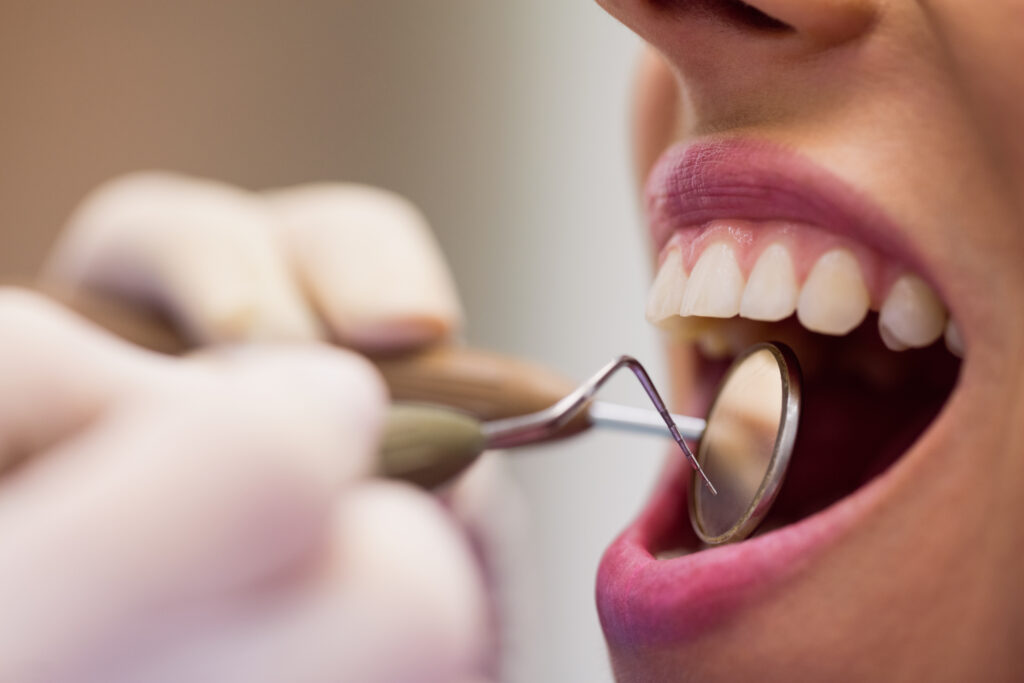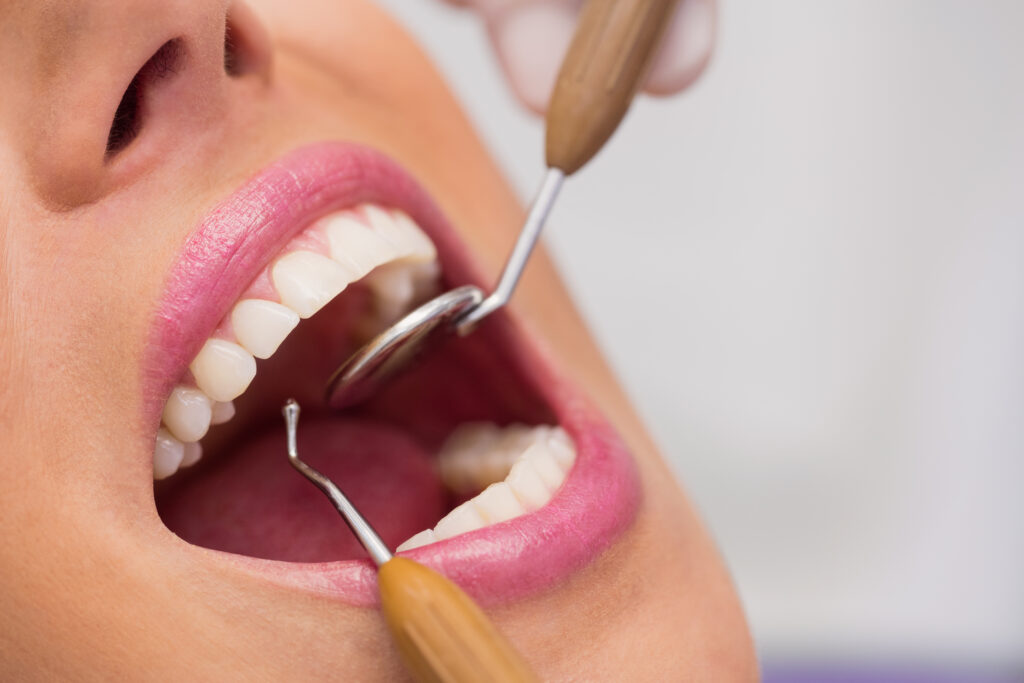Dental Care
In today’s fast-paced world, it’s easy to overlook the small things that keep us healthy, like our teeth. But dental care isn’t just about flashing a bright smile—it’s a crucial part of overall well-being. Poor oral health has been linked to serious issues like heart disease, diabetes, and even complications during pregnancy. According to health experts, maintaining good dental hygiene can prevent a host of problems and save you from costly treatments down the line. In this comprehensive guide, we’ll dive into everything you need to know about dental care, from daily routines to professional tips. Whether you’re a busy parent, a young adult, or someone looking to improve their habits, these insights will help you achieve and maintain a healthy mouth.

Why Dental Care Matters More Than You Think
Let’s start with the basics: why should you care about your teeth beyond aesthetics? Your mouth is the gateway to your body, and what happens there can affect your entire system. Bacteria from untreated gum disease, for instance, can enter the bloodstream and contribute to inflammation elsewhere. Studies show that people with chronic oral issues are at higher risk for conditions like stroke and respiratory infections.
Moreover, dental problems can impact your quality of life. Imagine dealing with constant toothaches, bad breath, or difficulty eating—it’s not just uncomfortable; it can lead to nutritional deficiencies or social embarrassment. The good news? Most dental issues are preventable with consistent care. By investing a few minutes each day and making smart lifestyle choices, you can keep your teeth strong and your gums healthy for decades.
Building a Solid Daily Oral Hygiene Routine
The foundation of great dental care is your everyday habits. Think of it as a ritual that protects your smile. Start with brushing: aim to brush at least twice a day for two minutes each time. Use a soft-bristled toothbrush and fluoride toothpaste to gently remove plaque without damaging enamel. Hold your brush at a 45-degree angle to your gums and use short, circular motions. Don’t forget the back teeth and your tongue—brushing the tongue reduces bacteria that cause bad breath.
Flossing is non-negotiable. Many people skip this step, but it reaches the 40% of tooth surfaces that brushing misses. Slide the floss gently between your teeth, curve it into a C-shape around each tooth, and rub up and down. If traditional floss is tricky, try water flossers or floss picks for convenience. Follow up with an antimicrobial mouthwash to kill lingering bacteria and freshen your breath.
For those with sensitive teeth or specific needs, consider electric toothbrushes—they often do a better job at removing plaque. And replace your toothbrush every three months or after an illness to avoid reintroducing germs. Consistency is key; even on tired evenings, these habits pay off in the long run.
The Role of Diet in Dental Health
What you eat plays a starring role in your oral health. Sugary and acidic foods are the villains here—they feed harmful bacteria that produce acids, eroding enamel and causing cavities. Limit sodas, candies, and citrus fruits; if you indulge, rinse your mouth with water afterward to neutralize acids.
On the flip side, incorporate tooth-friendly foods. Dairy products like cheese and yogurt provide calcium and phosphates that strengthen enamel. Crunchy fruits and veggies, such as apples and carrots, act as natural scrubbers, stimulating saliva production which washes away food particles. Nuts and leafy greens offer vitamins that support gum health, while green tea’s antioxidants fight inflammation.
Hydration is another unsung hero. Drinking plenty of water keeps your mouth moist, reducing the risk of dry mouth, which can lead to decay. If you’re a coffee or wine lover, use a straw to minimize staining. Remember, it’s not just about what you eat but when—snacking frequently exposes your teeth to acids more often, so stick to meals where possible.
Preventing Common Dental Problems
No one wants to deal with cavities, gum disease, or tooth sensitivity, but awareness is your best defense. Cavities form when plaque buildup turns into tartar, trapping bacteria against your teeth. Regular brushing and professional cleanings remove this threat. Signs of early decay include white spots on teeth—catch them soon with fluoride treatments.
Gum disease, or periodontitis, starts with gingivitis: inflamed, bleeding gums. It’s often painless at first, so watch for symptoms like receding gums or persistent bad breath. Smoking exacerbates this, as it reduces blood flow to the gums. Prevention? Floss daily and quit tobacco if you use it.
Tooth sensitivity hits when enamel wears thin, exposing nerves. Hot, cold, or sweet foods can trigger pain. Use desensitizing toothpaste and avoid aggressive brushing. For bruxism (teeth grinding), often stress-related, a night guard from your dentist can protect your enamel.
Bad breath, or halitosis, usually stems from poor hygiene or diet. Stay hydrated, chew sugar-free gum to boost saliva, and address underlying issues like sinus problems. If it persists, see a professional—it could signal something more serious.
The Importance of Professional Dental Care
While home care is essential, don’t skip the pros. Visit your dentist every six months for check-ups and cleanings. These appointments catch issues early, like small cavities that can be filled before they worsen. X-rays reveal hidden problems, and cleanings remove hardened tartar you can’t tackle at home.
If you have dental anxiety, many offices offer sedation options or calming environments. For cosmetic concerns, whitening treatments or veneers can boost confidence, but prioritize health first. Orthodontics aren’t just for kids—adults can benefit from aligners like Invisalign for straighter teeth and easier cleaning.
Special groups need tailored care. Children should start dental visits by age one to establish habits early. Use fun, flavored toothpaste to make it enjoyable. Pregnant women face higher risks of gum issues due to hormones, so maintain routines and inform your dentist. Seniors might deal with dry mouth from medications; sugar-free lozenges can help.
Special Considerations for All Ages
Dental care evolves with life stages. For kids, focus on education—teach them to brush properly and limit sweets. Sealants on molars prevent decay in hard-to-reach spots. Teens with braces need extra diligence; use threaders for flossing around wires.
Adults juggling work and family might forget self-care, but set reminders for brushing. If you play sports, wear a mouthguard to prevent injuries. For older adults, dentures or implants require specific cleaning routines to avoid infections.
Lifestyle factors matter too. If you’re vegan, ensure you’re getting enough calcium from plant sources. Athletes should rehydrate with water, not sports drinks loaded with sugar. And for everyone: quit smoking—it’s the single best thing for your oral health.
Wrapping It Up: Commit to Your Smile
Dental care might seem mundane, but it’s a powerful way to invest in your health and happiness. By following a solid routine, watching your diet, preventing common issues, and seeking professional help, you’ll enjoy a lifetime of strong teeth and confident smiles. Start small if needed—maybe add flossing tonight—and build from there. Your future self will thank you.
Remember, if you notice changes like persistent pain or unusual spots, don’t wait—consult a dentist promptly. With these tips, you’re well-equipped to take charge of your oral health. Here’s to brighter, healthier days ahead!
